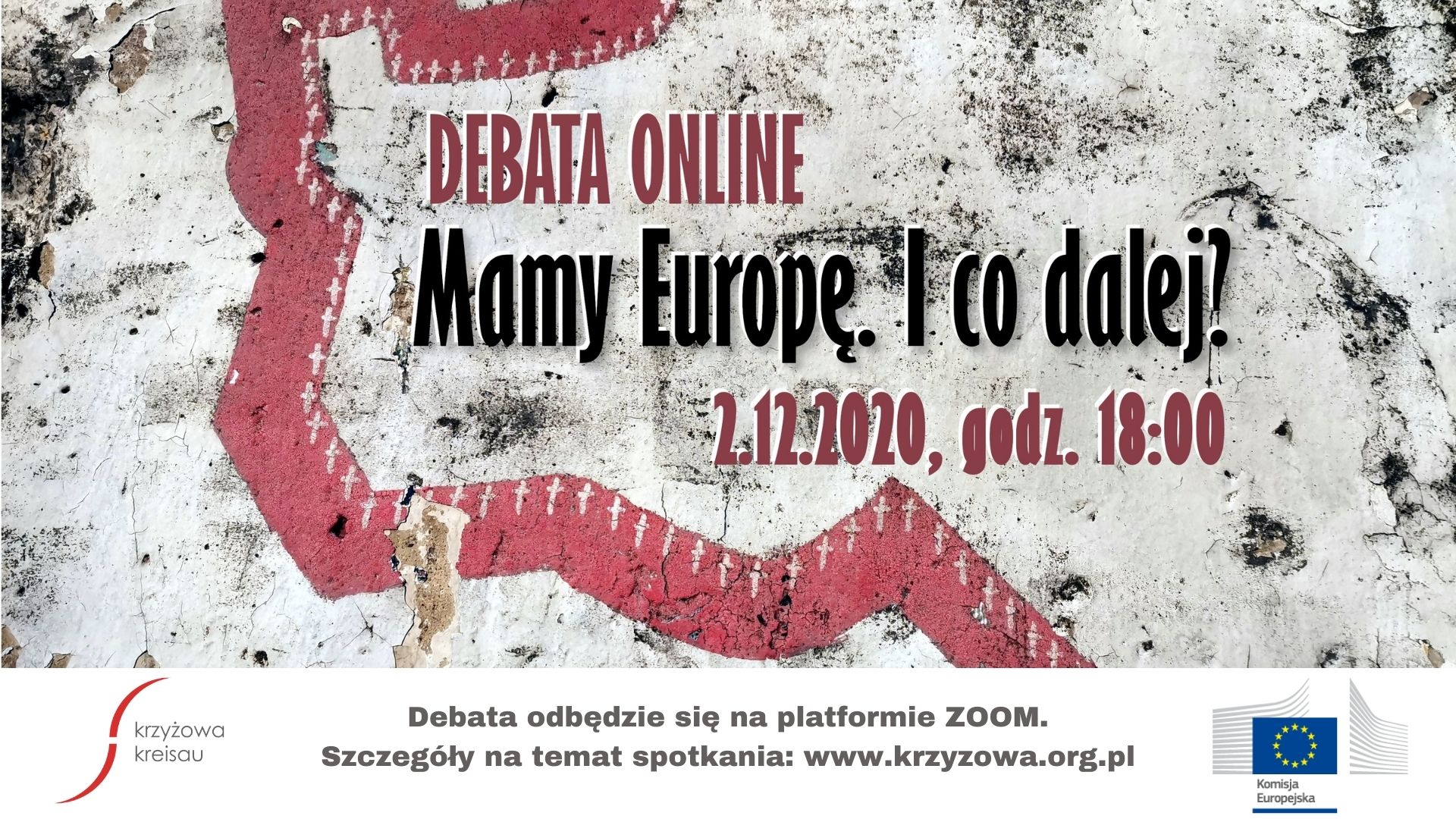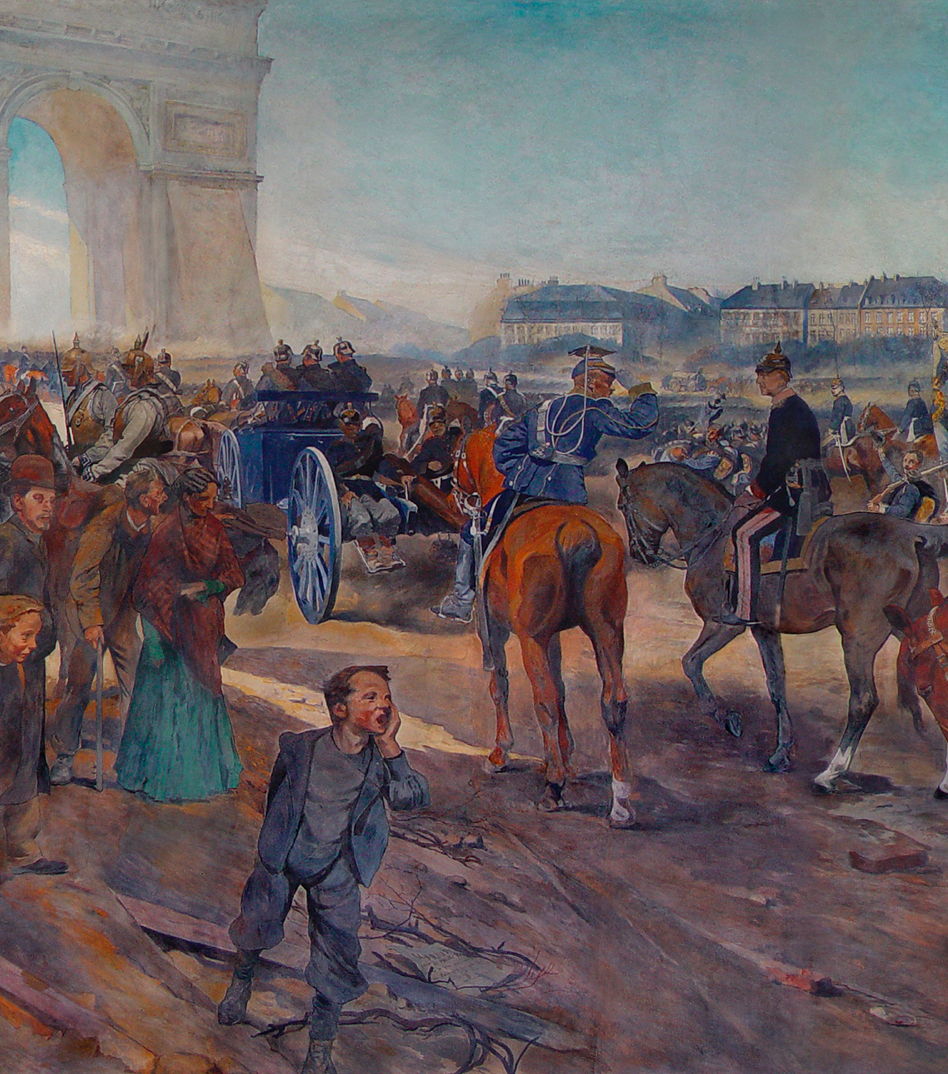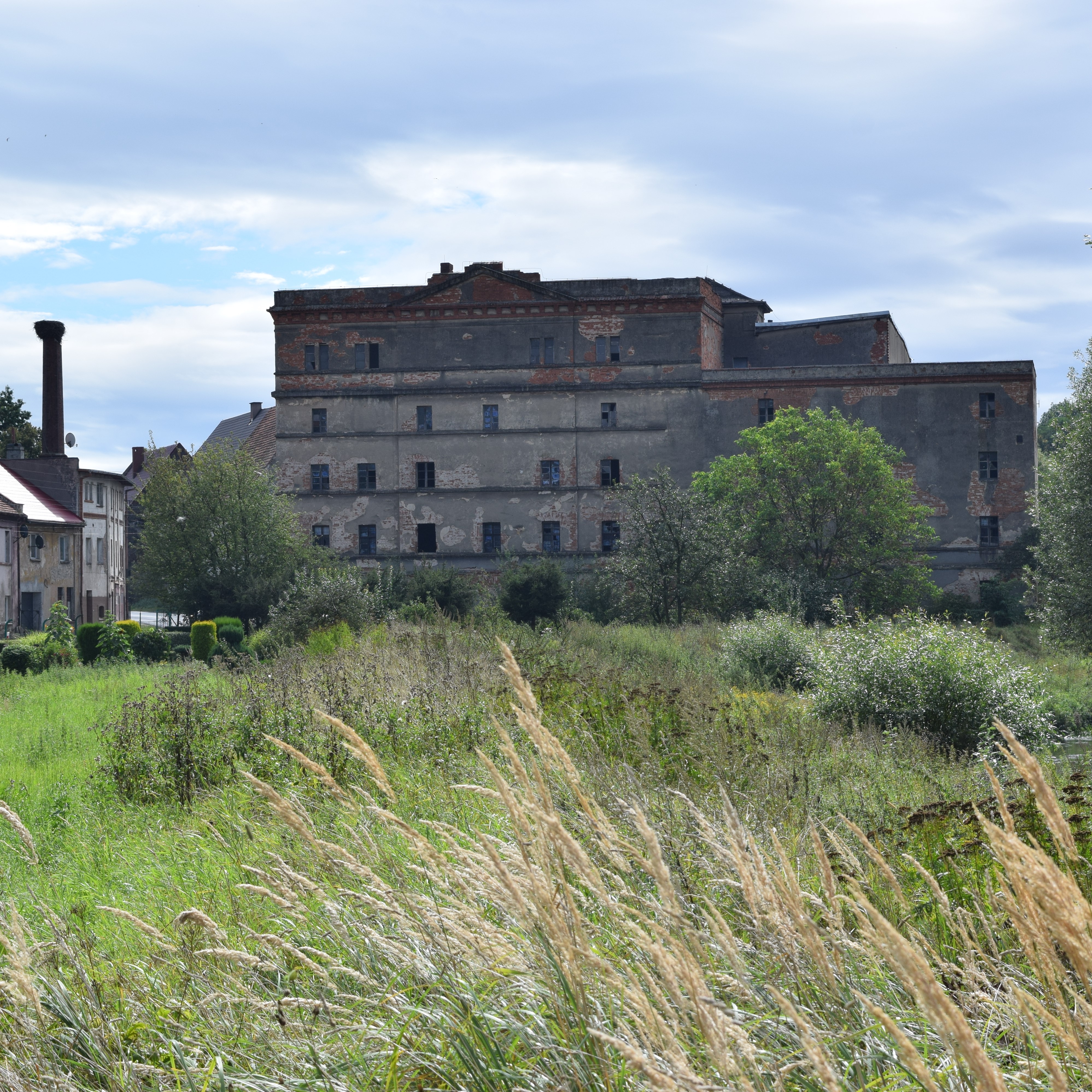
On 2nd December the online debate “We have Europe. And what next? " was held. It finalized the project "A united Europe was not achieved and we had war" implemented from October 2020 by the Krzyżowa Foundation for Mutual Understanding in Europe.
As part of the project, 8 episodes were created about the history of conflicts and European integration. Krzyżowa - its past, but also the present - was the background and pretext for the films.
The debate that ended the project was not so much a summary of the eight stories as it directed the gaze from the past to the future. The participants of the meeting talked about the opportunities and challenges of the European project, including the Green Deal and human rights.
Read more: Online debate || “We have Europe. And what's next?" – 2.12.2020
 In 2020, we are celebrating the 75th anniversary of the end of World War II, the biggest and bloodiest conflict in world history. This year also marks the 70th anniversary of the Schumann Declaration, which was a response to this war, which proposed European integration to avoid new disputes and which initiated this integration. Peace, which is obvious to many generations of Europeans, is the result of a great effort by people who, after the tragedy of the Second World War, wanted to protect the future of future generations.
In 2020, we are celebrating the 75th anniversary of the end of World War II, the biggest and bloodiest conflict in world history. This year also marks the 70th anniversary of the Schumann Declaration, which was a response to this war, which proposed European integration to avoid new disputes and which initiated this integration. Peace, which is obvious to many generations of Europeans, is the result of a great effort by people who, after the tragedy of the Second World War, wanted to protect the future of future generations.
Today we are observing reality with increasing concern. Progressive polarisation of societies, a turn towards nationalism, radical attitudes - these are increasingly frequent phenomena which may pose a threat to the peaceful coexistence of the nations of Europe. It is therefore worth considering what lesson we can learn from the tragic experience of the 20th century, so as not to repeat the same mistakes.
Read more: "A united Europe was not achieved and we had war". 8 films about the history of conflict,...
 „A united Europe was not achieved and we had war"
„A united Europe was not achieved and we had war"
Episode 1: The spiral of violence (Nationalism and wars in the XIX century)
(...)“We are the good ones, they are the bad ones”. “They are violent barbarians, while we are cultured gentlemen”. “They hurt us first, we just retaliated”. “We are better, we are bigger, we defeated them”. This is exactly what the logic of the French-German conflict, but also the logic of many other national conflicts of 19th-century Europe, looked like. They usually resulted from nationalism and the urge to dominate others. They led to numerous wars and dramas, such as, for instance, the partitions of Poland. Their effects were the deepening of national antagonism, chauvinism and finally, the outbreak of the First World War, and, indirectly, also the outbreak of WWII. (...)
Read more: „A united Europe was not achieved and we had war". Episode 1. The spiral of violence
 „A united Europe was not achieved and we had war"
„A united Europe was not achieved and we had war"
Episode 1: The eruption of evil (II World War)
(...) There are many places like this in Europe. Beautiful and picturesque in appearance, while at the same time remembering the cruelties which happened here during WWII. These horrible crimes arose from the belief in certain ideologies, e.g. German Nazism or Soviet totalitarianism. Their followers believed that “the different” (sometimes the whole nations of ethnic groups) have to be eliminated in order to gain control over the world. (...)
Read more: „A united Europe was not achieved and we had war". Episode 2. The eruption of evil








